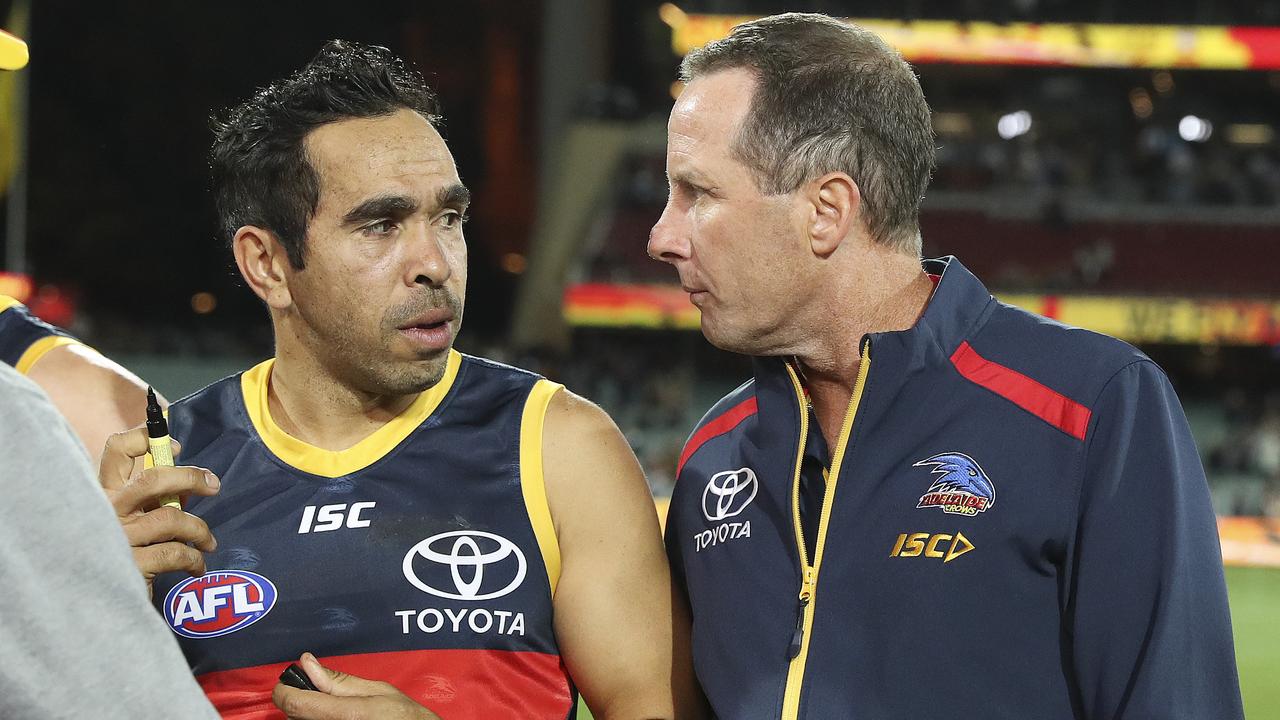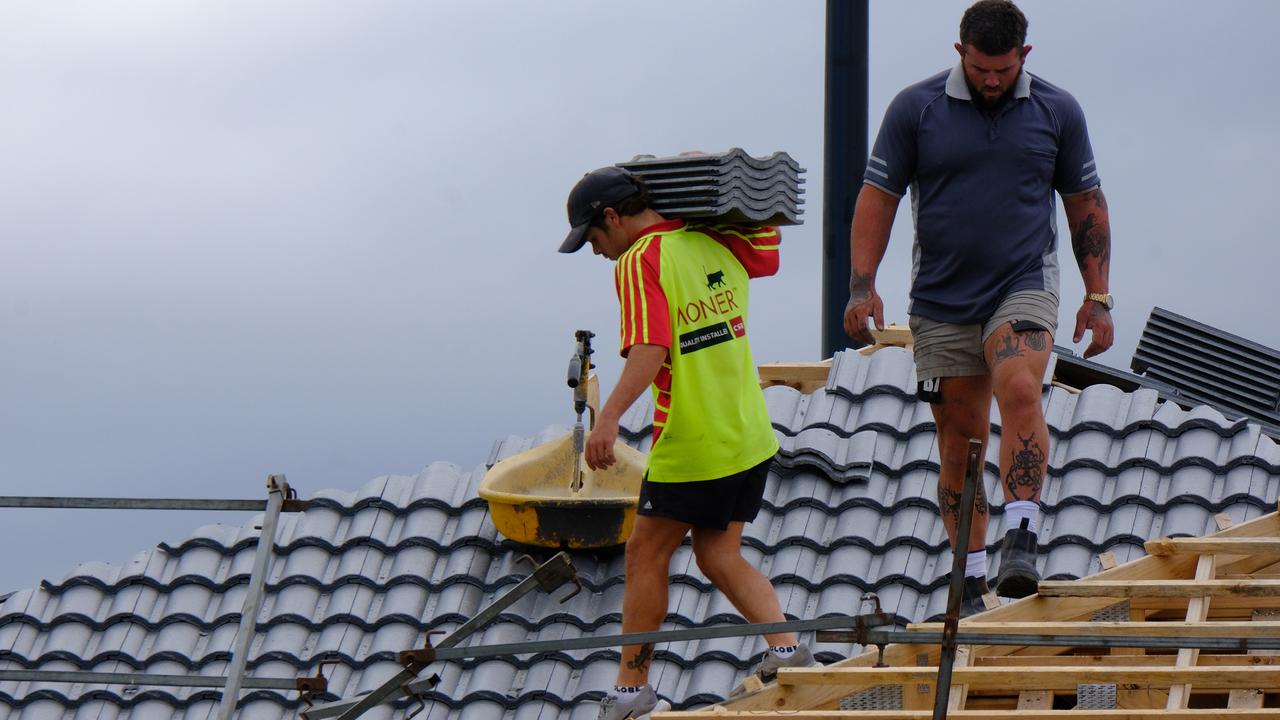Construction cost inflation in Melbourne is forecast to halve, dropping from 8 per cent this year to 4 per cent in 2023, and in Sydney it is predicted to slow from 6.9 per cent to 3.9 per cent.
An even bigger decline is forecast for the Gold Coast with cost growth dropping from 11.5 per cent to 5.5 per cent. Similarly, in Brisbane it should drop from 10.5 per cent this year to 5.1 per cent in 2023, according to forecasts published this week in RLB’s second quarter 2022 International Report.
RLB research and development director Domenic Schiafone said the expectation that costing will ease through next year was due to curtailing demand, likely to be caused by inflationary pressures.
“This easing of demand should allow manufacturing and logistics to get back to ‘normality’ or pre-Covid levels,” he said.
“The easing of demand should also see a softening of material prices with the high level of ‘demand-led price premiums’ reducing.”
Association of Professional Builders co-founder Russ Stephens, whose clients are residential home builders, agreed to escalate costs could halve next year, but off a much higher base.
He said the cost to build a residential home had increased a lot more than non-residential or commercial builds due to the larger percentage of timber used, and that temporary price hikes created by supply and demand were not reflected in the reports we were seeing.
Australia’s typical house build cost has soared more than $94,000 in 15 months, according to figures revealed in analysis by the Housing Industry Association and News Corp Australia earlier this month.
The national inflation rate hit 6.1 per cent in the year to June with new dwellings and automotive fuel the most significant contributors, new figures released by the Australian Bureau of Statistics this week showed. New dwellings were up 20.3 per cent.
Warning to Australians wanting to build
While construction cost inflation is expected to ease sometime next year, in the meantime the pain will continue.
Mr Stephens said because costs were increasing so quickly, consumers needed to be aware prices quoted for builds would not last long.
“If they’ve had a price quoted that is older than 30 days they should expect to have that price renegotiated,” he said.
He also said consumers would see more builders including rise and fall clauses, also known as cost escalation clauses, in contracts.
“It gives the ability for a builder to pass an increase in cost of materials on to the consumer,” Mr Stephens explained, adding it was common in other countries but Australia didn’t typically use them.
“What I would say to consumers is that’s not necessarily a negative thing because if the builders don’t put those clauses in they’ll have to put more contingency in to the price to protect themselves against potential increases.
“So rise and fall clauses are probably a good thing for consumers because it means they will only pay the cost of the increase rather than an inflated prediction of what increases might be, especially as we’re seeing evidence now that the increases will start to slow down next year.”
Factors contributing to the construction industry crisis
The construction industry is facing challenges so great that high-profile building companies are dropping like flies.
Mr Schiafone said fragmented supply chain issues were not resolved and labor shortages across the nation have continued as a result of the pandemic.
The consultancy’s report noted lead times for some products from overseas were currently
16 to 20 weeks, when traditionally they were half that at eight to 10 weeks.
Additionally, the need for construction labor and materials after recent flood damage will enhance existing shortages across the country, he said.
Mr Schiafone said higher fuel prices, increasing power costs and timber shortages were all symptoms of the war in Ukraine and were likely to linger for some time yet.
RLB global chairman Andrew Reynolds said significant cost escalation, global delivery uncertainty, aberrant weather events causing significant construction delays, and labor shortages were common challenges in the industry across the world.
Failed building companies
The latest company to collapse was prominent Melbourne apartment developer Caydon earlier this week, blaming “one difficult market situation after another”.
The next day, on Wednesday, ASX-listed developer Cedar Woods shelved a major inner-city Brisbane townhouse and apartment project due to rising costs and delays.
It came less than a week after Perth developer Sirona Urban killed off a $165 million luxury tower, where more than 50 per cent of apartments had been bought off the plan, blaming skyrocketing construction costs and labor shortages.
It was the second major apartment project to fall over in Australia last week.
A Melbourne developer, Central Equity, abandoned plans to build a $500 million apartment tower on the Gold Coast, blaming the crisis in the building industry and surging construction costs for making the project unprofitable.
Earlier this year, two major Australian construction companies, Gold Coast-based Condev and industry giant Probuild, went into liquidation.
The grim list has continued to grow from there as a number of other high-profile companies also collapsed, including Inside Out Construction, Dyldam Developments, Home Innovation Builders, ABG Group, New Sensation Homes, Next, Pindan, ABD Group and Pivotal Homes.
Others joined the list too including Solido Builders, Waterford Homes, Affordable Modular Homes and Statement Builders.
Then two Victorian building companies were further casualties of the crisis, having gone into liquidation at the end of June, with one homeowner having forked out $300,000 for a now half-built house.
Hotondo Homes Horsham, which was a franchisee of a national construction firm, collapsed a fortnight ago affecting 11 homeowners with $1.2 million in outstanding debt.
It is the second Hotondo Homes franchisee to go under this year, with its Hobart branch collapsing in January owing $1.3 million to creditors, according to a report from liquidator Revive Financial.
Meanwhile, a Sydney family face never being able to build their dream home after their builder Jada Group collapsed in March owing $2.4 million and the cost of their home’s construction jumped to $1.9 million, a whopping $800,000 more than the original quote.
Snowdon Developments was ordered into liquidation by the Supreme Court with 52 staff members, 550 homes and more than 250 creditors owed just under $18 million, although it was partially bought out less than 24 hours after going bust.
Dozens of homeowners and hundreds of tradies were left reeling after a Victorian building firm called Langford Jones Homes went into liquidation on July 4 owing $14.2 million to 300 creditors.
News.com.au also raised questions about NSW builder Willoughby Homes, which is under investigation by the Government after builds stalled and debts blew out to 90 days.
There are between 10,000 to 12,000 residential building companies in Australia undertaking new homes or large renovation projects, a figure estimated by the Association of Professional Builders.
– with Sarah Sharples
Read related topics:Cost Of Living
.

